There is a different kind of pandemic secretly ravaging the world today and it’s not Covid-19 or any infectious disease of any sort. Neither is it war or hunger. It is SUICIDE. The alarming rates at which people of all races, religion, social status, age and education are resorting to taking their own lives either out of frustration, despair, poverty, abuse, peer pressure, or general conflicts have reached alarming scales to warrant global efforts aimed at reversing this ugly tide.
The World Health Organization (WHO) recently reported that about 730,000 people commit suicide annually. The global health institution said in every 45 seconds someone dies of suicide around the world., explaining that for each suicide, approximately 135 people suffer intense grief, “resulting in 108 million people, annually, who are profoundly impacted by suicidal behaviours.” Furthermore, the WHO stated that for every suicide, there are many more people who attempt suicide. It went on to state that suicide is the fourth leading cause of death among 15-29 year-olds, while 77% of global suicides occur in low- and middle-income countries. These are worrisome statistics especially considering the rising cases of suicide amongst teenagers and young adults.
While there are no known single most critical cause of suicide, it has been observed that mental health challenges, peer pressures, financial difficulties, abusive relationships, dysfunctional families, bullying, proliferation of firearms, alcohol, and sexual exploitation amongst others have been indicated as contributory factors to the rising cases of suicides around the world.
Every suicide is a tragedy that affects families, communities and entire countries and has long-lasting effects on the people left behind. Suicide occurs in both low-income and high-income countries, and is a global phenomenon in all regions of the world irrespective of sex, age and religion. Although suicide is a serious public health problem, it is however preventable with timely, evidence-based and often low-cost interventions by both the public and private sectors.
Global Suicide Prevention Squad
Fortunately, there is a private sector-led global initiative to mitigate this development especially among the upwardly mobile demography, including children and young adults, which is championed by the Global Suicide Prevention Squad, led by Mr. Isaac Agarwal, based out of Mumbai, India. According to Mr. Isaac Agarwal, the Global Suicide Prevention Squad Founded since 2017 is “doing our part to solve the problem by conducting Suicide Prevention – Awareness and Training programs, for students, teachers and parents in thousands of school across India, with a goal to make India Suicide Free by 31st December 2025”. This is being accomplished through their regular suicide prevention and awareness programs where they provide expert advise, guidance, counselling and other intervention resources to young people in schools, as well as professionals in their workplaces around the world. So far, the Global Suicide Prevention Squad has reached over 500,986 people till date, saving over 21,675 lives.
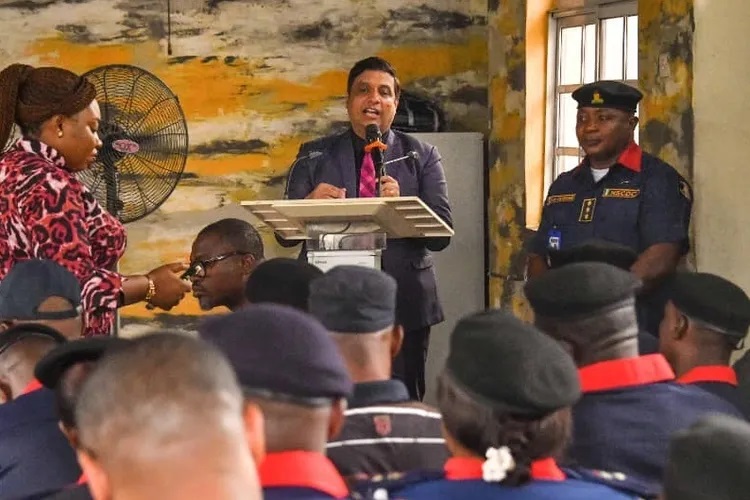
Picture 1: Above: Mr. Isaac Agarwal conducting Suicide Prevention and Awareness Training for personnel of NSCDC in Port Harcourt Nigeria
According to information available on their website, the Global Suicide Prevention Squad employs a unique philosophy to pursue its goals of ending suicide in India by 2025. This philosophy is called Jeeva Mein Asha Hai which literally means “There’s Hope in Life”.
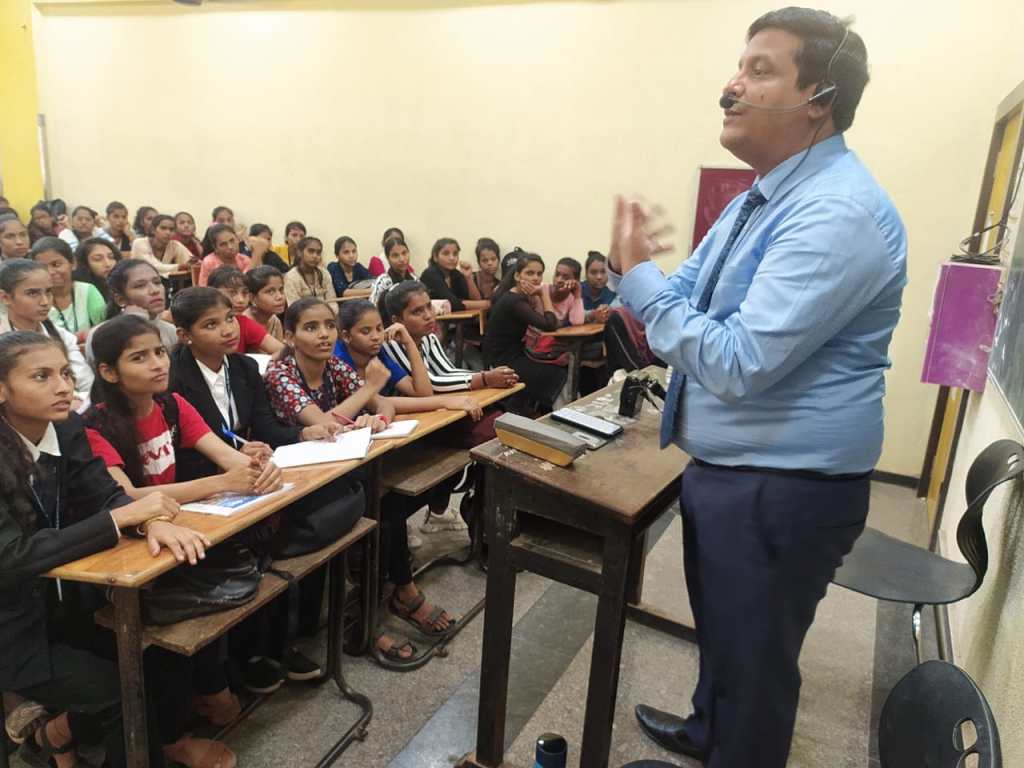
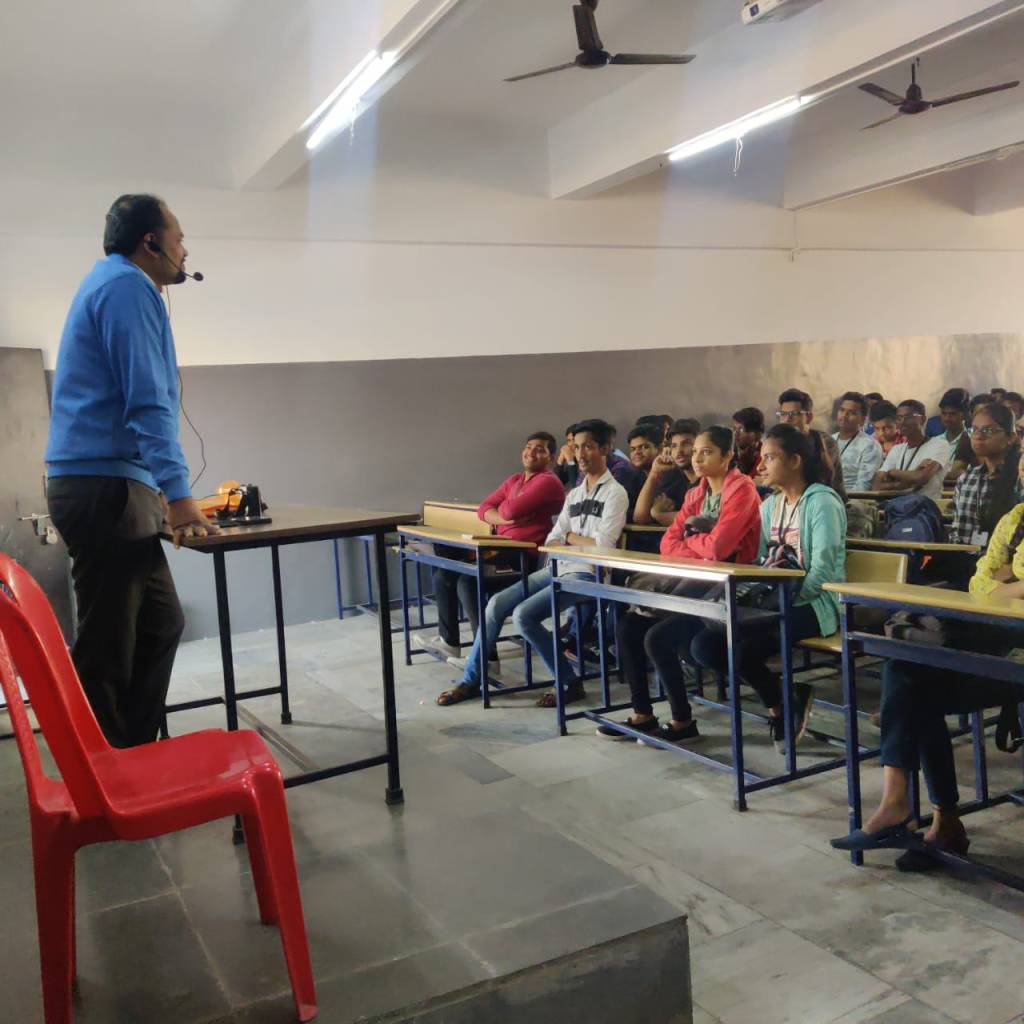
Picture 2 & 3: Mr. Isaac Agarwal and his colleague conducting Suicide Prevention and Awareness Training for young people in India
JEEVAN MEIN ASHA HAI (There is Hope in Life)
Jeevan Mein Asha Hai ( There is Hope in Life) is a initiative of Kinging Youth Foundation, which is another of their vehicles for achieving a suicide-free world. According to them “The Core Vision of this program is to have a suicide-free world by 31st December 2030. We aim to achieve the same by raising 15 million (1 crore 50 lakh) volunteers in India, 2 million (20 Lakh) in Nigeria, 80 million (8 Crore) volunteers called JEEVAN RAKSHAKS (LIFE SAVIOURS) worldwide.” Thus, with this global army of people dedicated to spreading the message of hope in life rather than despair, the Global Suicide Prevention Squad hopes to eradicate suicides in the world. They are the true Life Savers!
Become A Life Saviour (JEEVAN RAKSHAK)
A Life Saviour is Jeevan Rakshak in Hindi and according to the Global Suicide Prevention Squad, a Life Saver has three key responsibilities which includes:
1) Acting as early warning mechanisms for recognizing suicidal red flags in people in their circle of influence
2) Responding as the first line of defense against suicide by counselling the individuals at such early stages
3) Guiding them to an experts for further professional treatment via the comprehensive Suicide Prevention Program
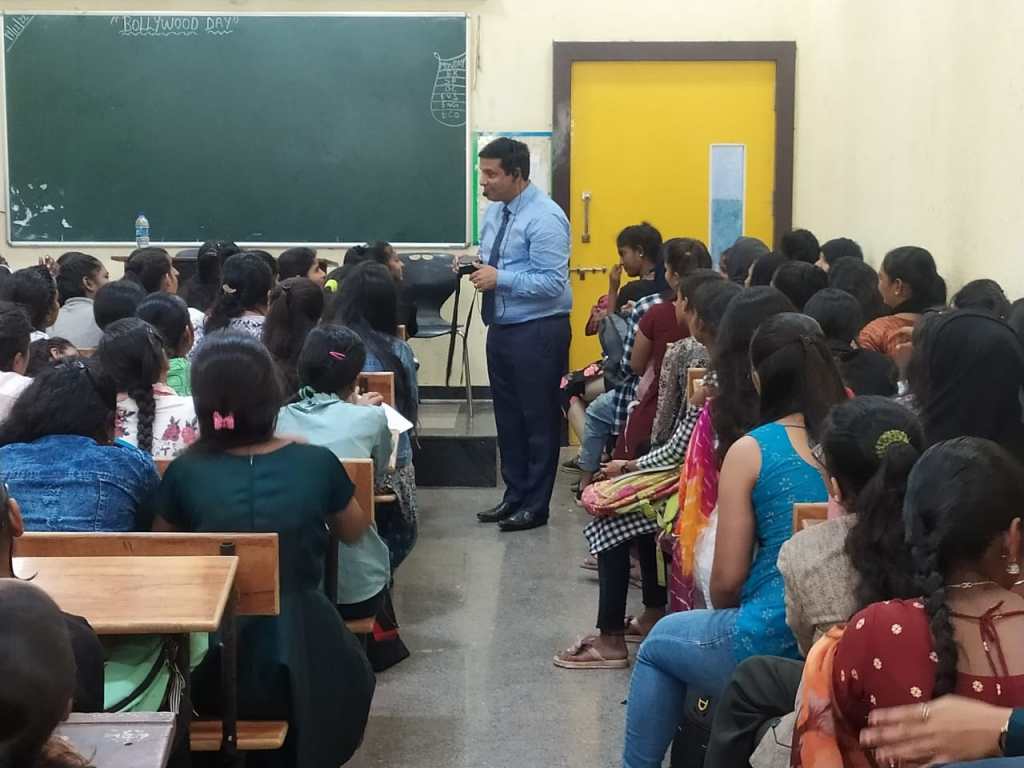
PREVENTING SUICIDE
According to the WHO, Suicide prevention efforts require coordination and collaboration among multiple sectors of society, including the health sector and other sectors such as education, labour, agriculture, business, justice, law, defence, politics, and the media. These efforts must be comprehensive and integrated as no single approach alone can make an impact on an issue as complex as suicide. With more individual and group efforts such as those of the Global Suicide Prevention Squad, Kinging Youth Foundation, and their partners, eliminating, or at least, reducing the challenges of suicides in the world will not only be a possibility but also a reality.
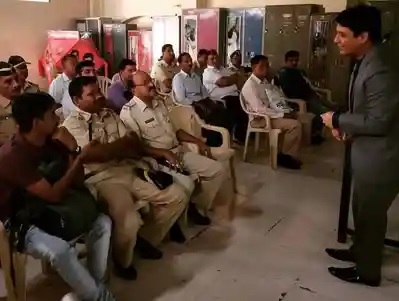
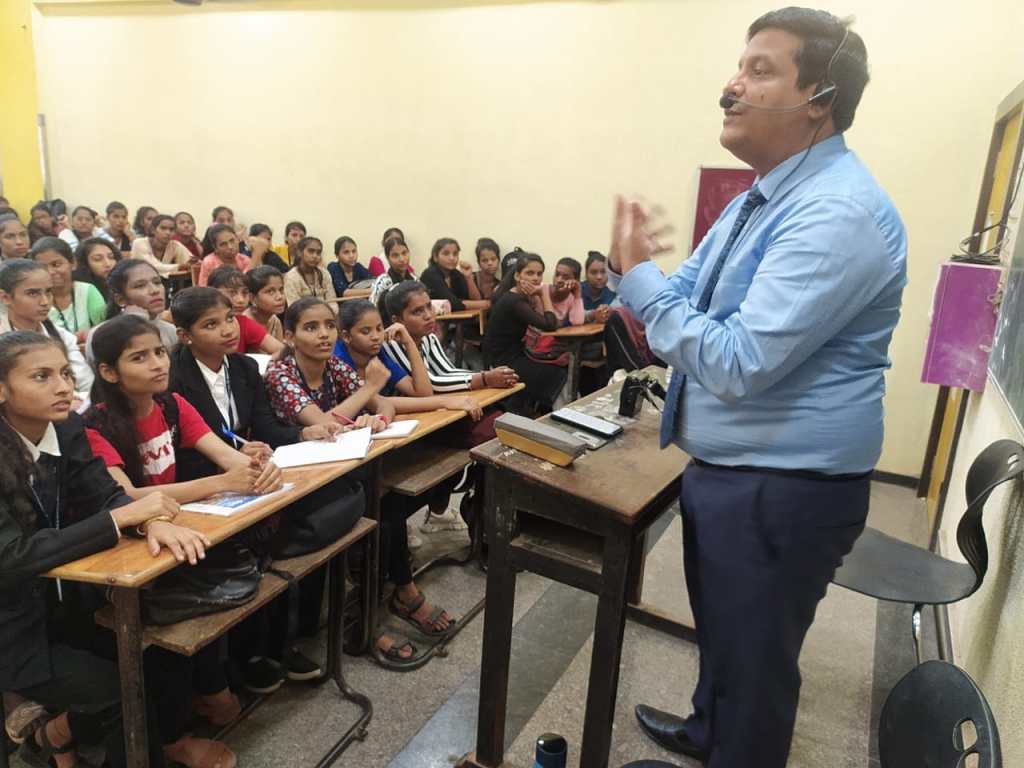
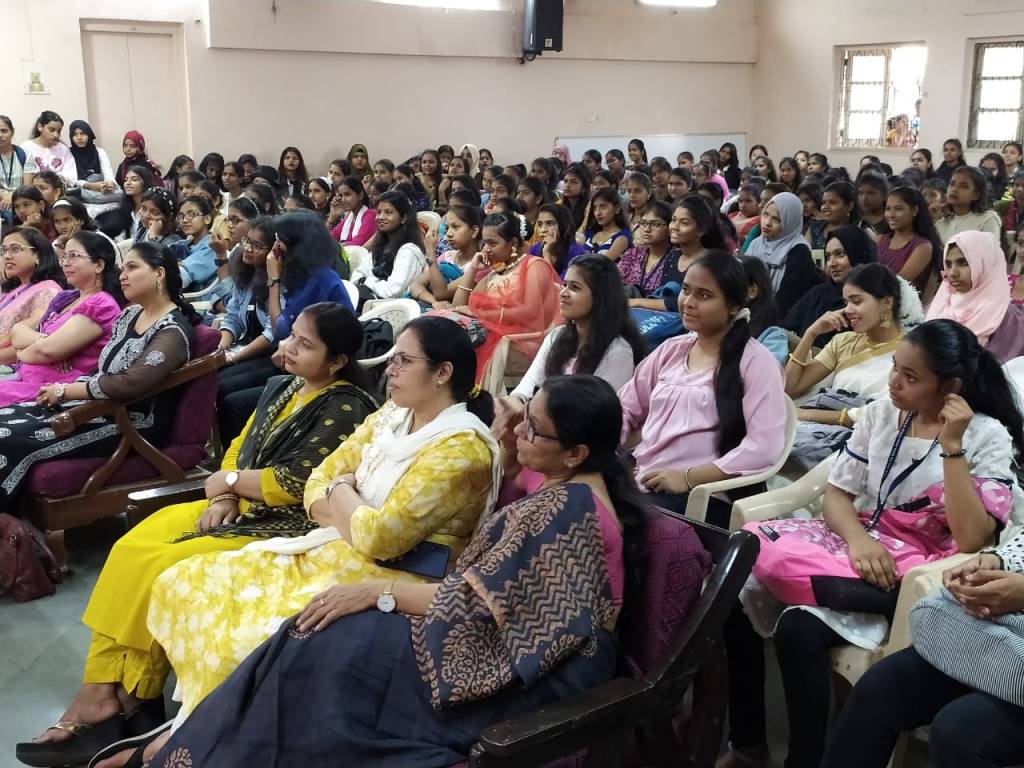
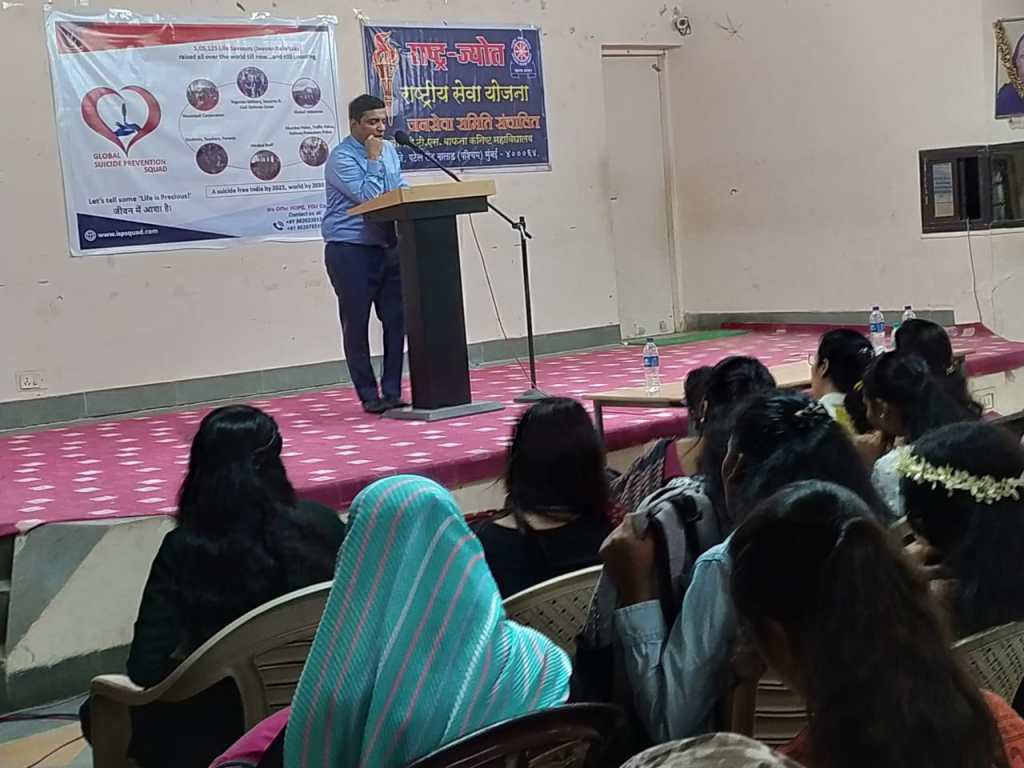

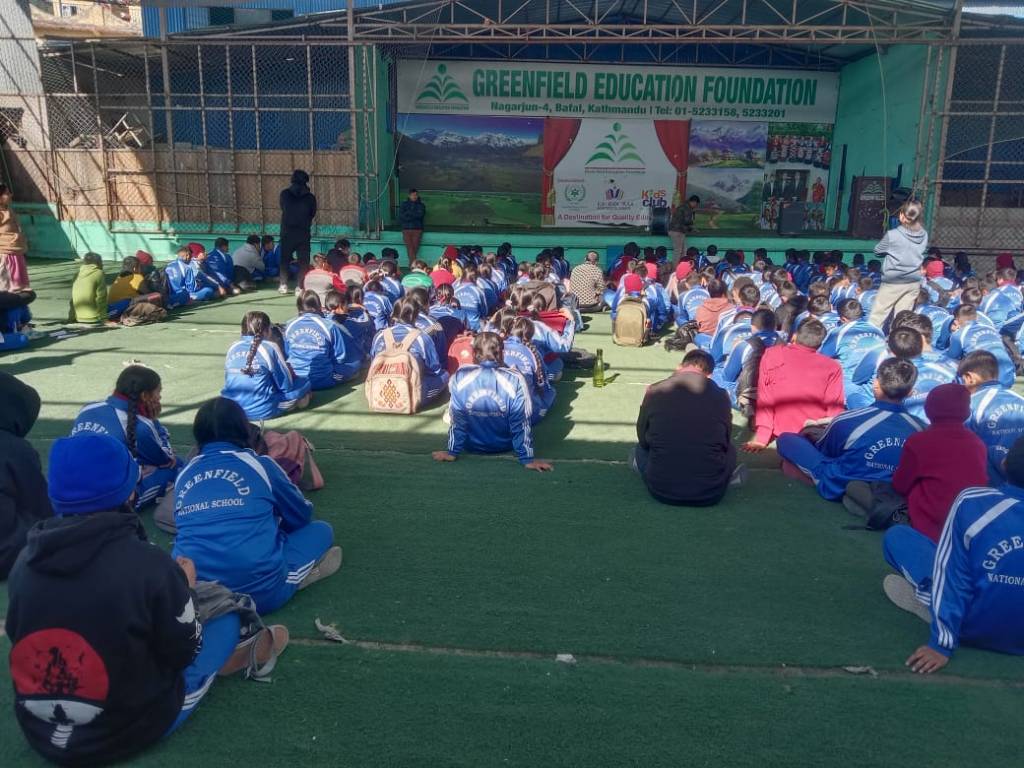
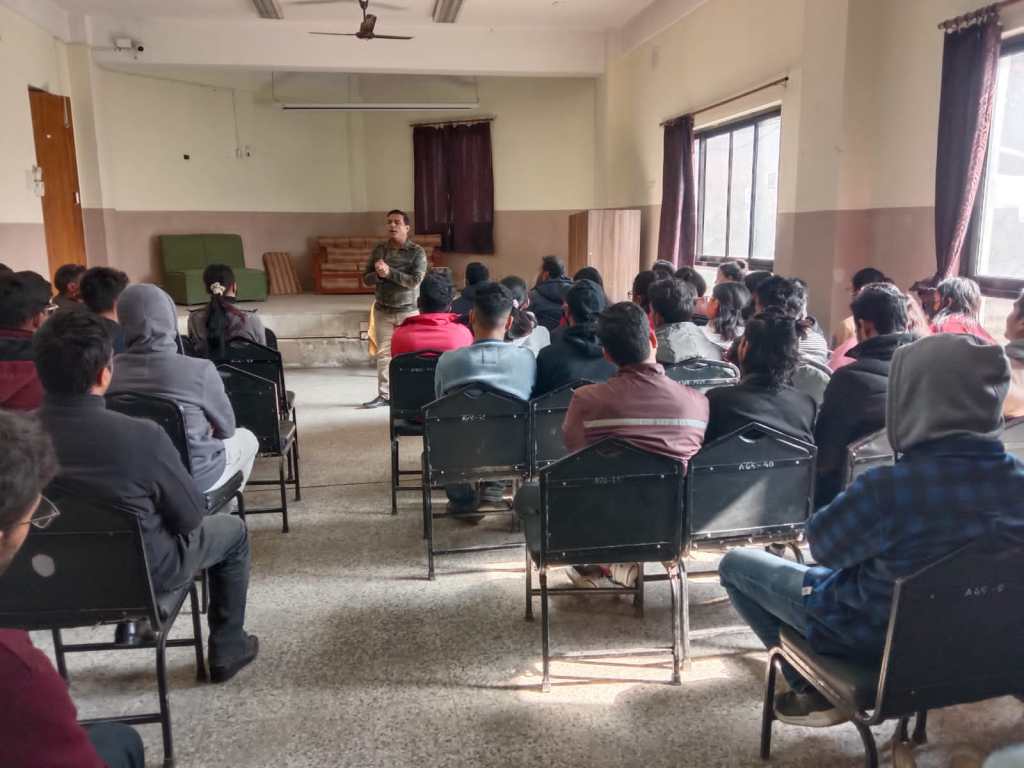
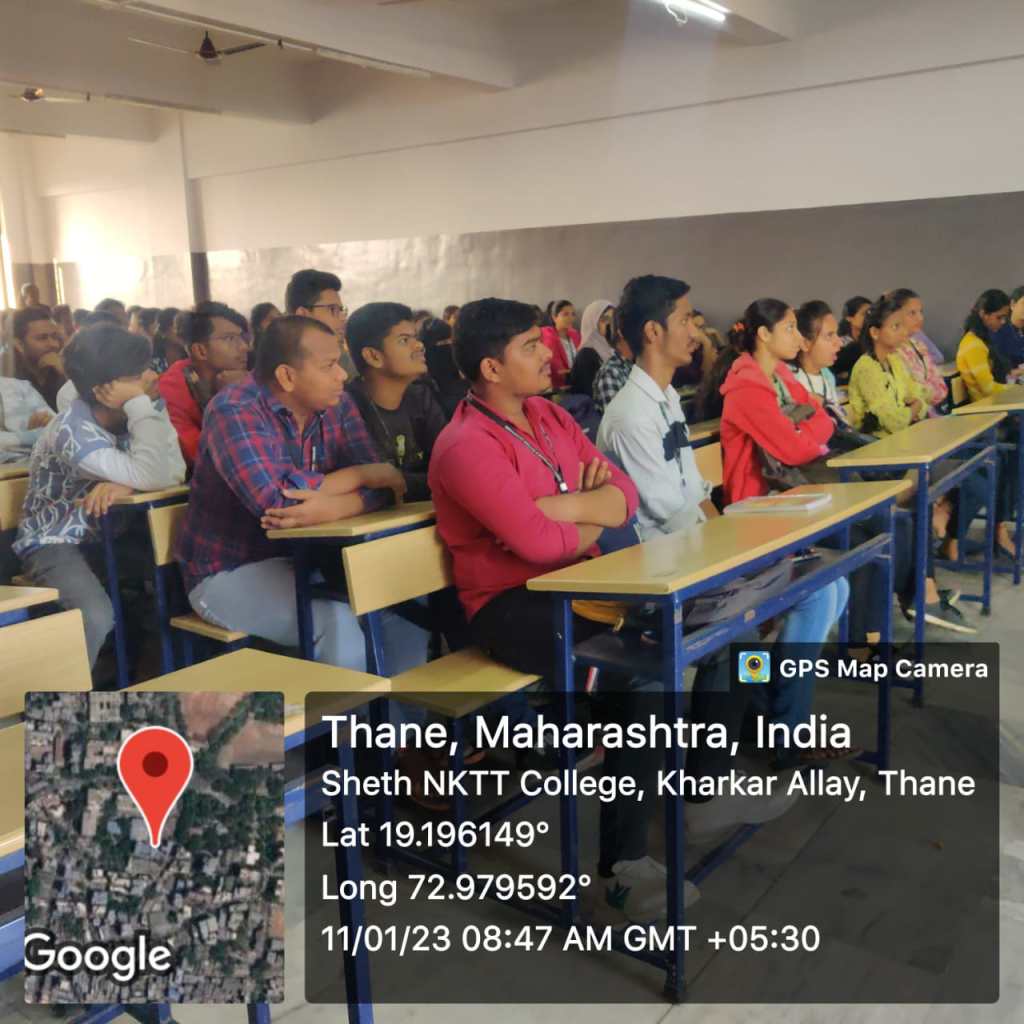
For more information and enquiries on how you can partner with the Global Suicide Prevention Squad and Kinging Youth Foundation to eradicate suicidal tendencies in the world by 2030, please visit their website www.ispsquad.com or send an email to ispsquad1@gmail.com








Recent comments…